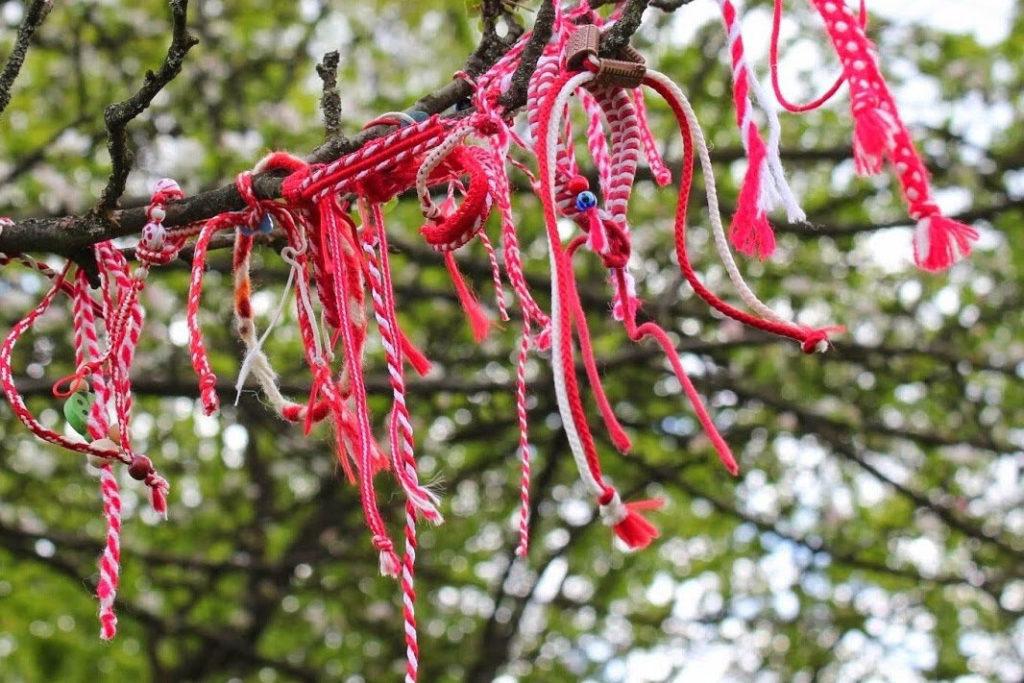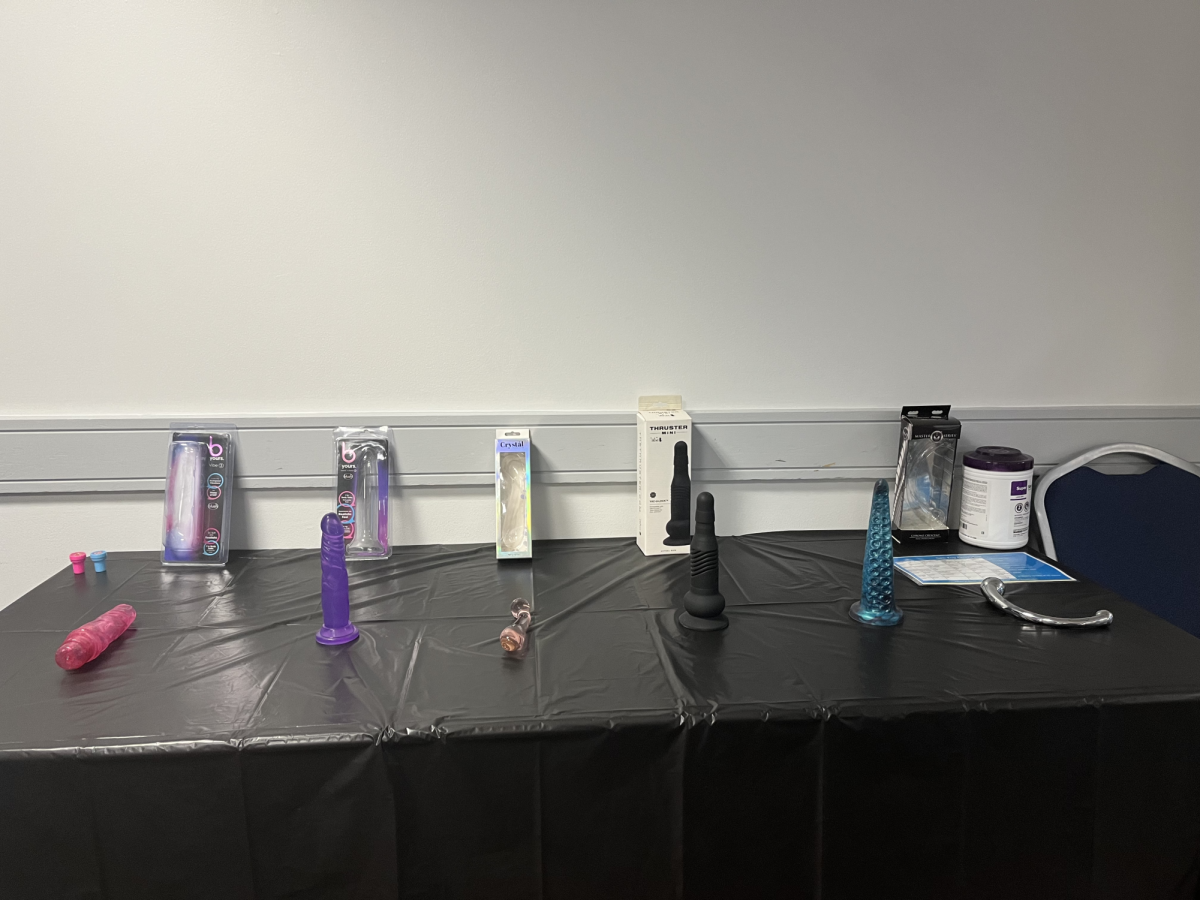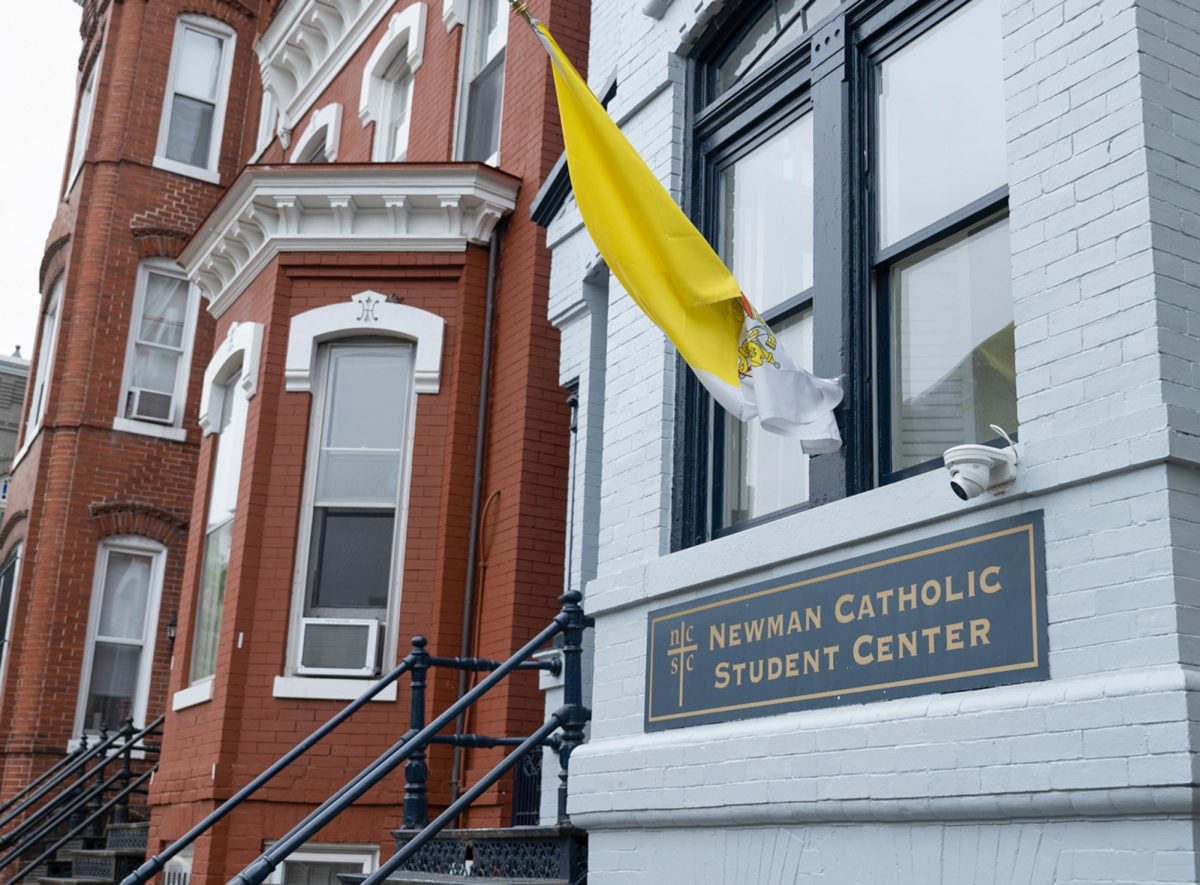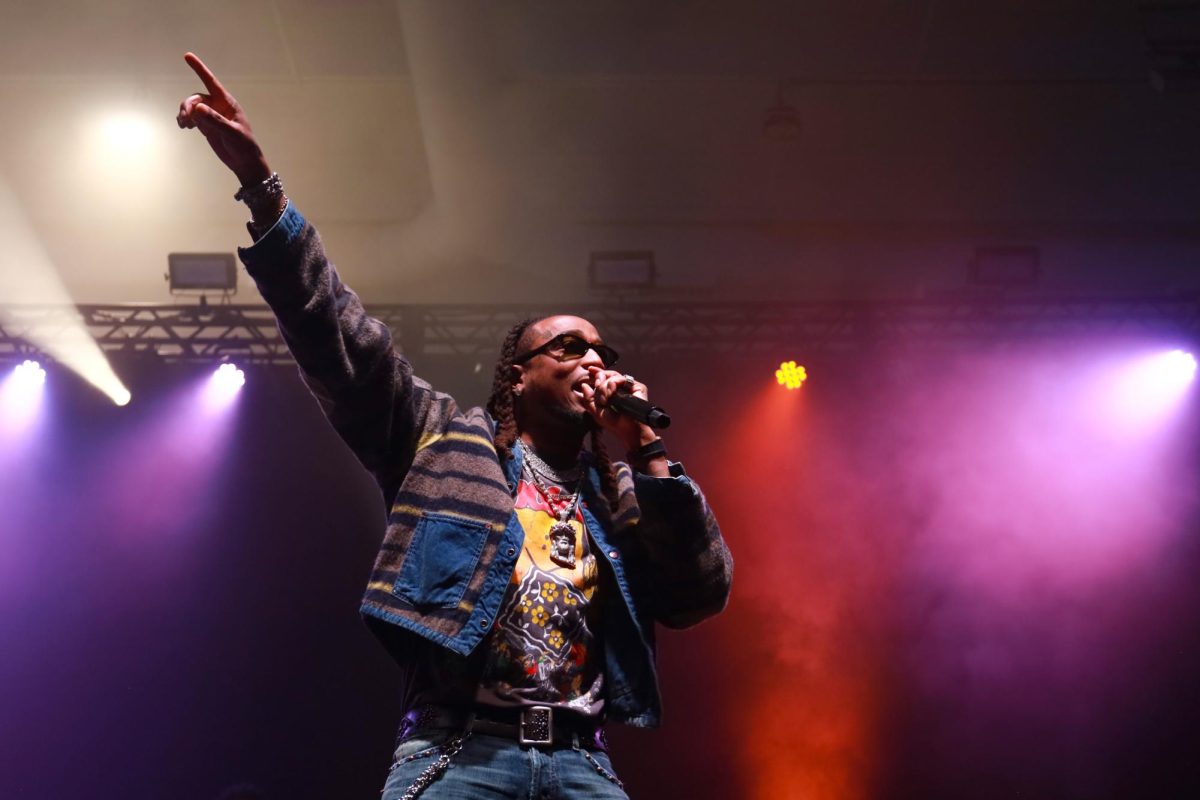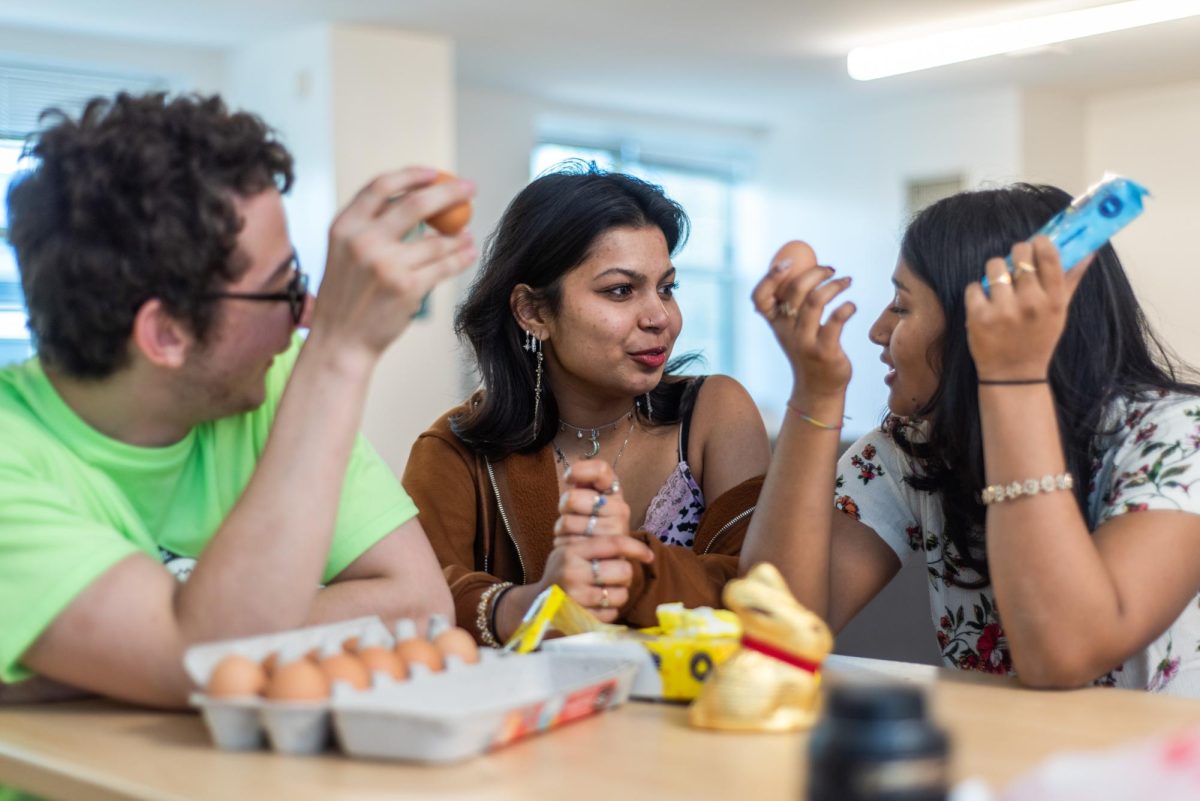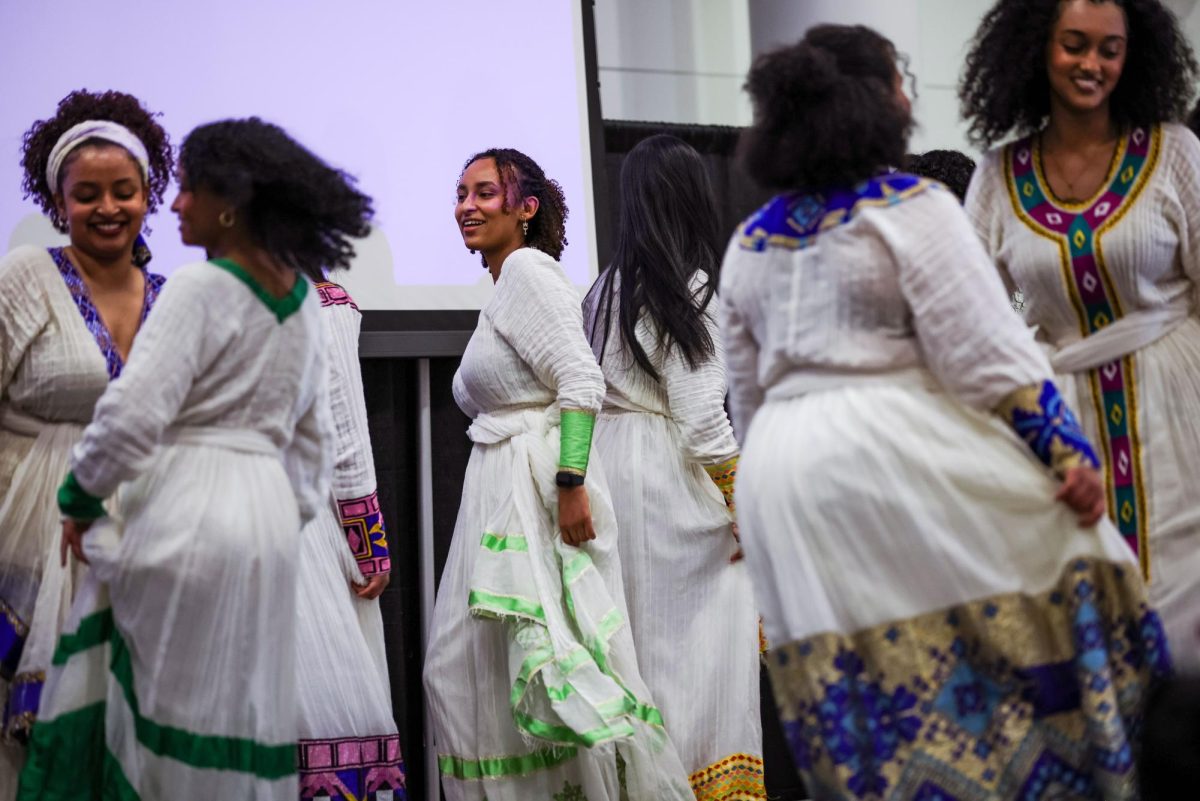Sophomore Gabriel Young tries to weave together Christmas traditions from his four ethnic and racial backgrounds.
Young, who identifies as Filipino American, Spanish, English and Chinese, said he and other Filipinos attend midnight church mass, which overlaps with the Spanish celebration of Nochebuena – or Christmas Eve. But as a Filipino American, he said he starts listening to Christmas tunes as early as September, the start of the yuletide season in the Philippines.
Young is one of six students who shared their heritages’ holiday traditions, which range from wearing white to ring in the new year to exchanging bracelets with friends and family. The students said practicing these customs help them embrace their cultural identity and connect more closely to their families.
“It’s more of an opportunity to study, understand and empathize with those who live in the country where my family’s from, and for me to reclaim the identity that I’d say I have to mold myself into toward the melting pot that is the United States instead of the salad bowl that it should be,” Young said.
Nica Albertson, a sophomore living in McLean, Virginia, and the president of the GW Bahá’i Club, said during big holy days – like the Day of the Covenant and the Ascension of Abdu’l-Bahá – she and her family come together, tell stories of Bahá’i history and sing. She said Bahá’is are encouraged to designate the Day of the Covenant, which usually falls on Nov. 25, as a time to practice unity, whether it be by visiting neighbors or sharing meals.
“The big message of the Day of the Covenant is that we should not have any enemies and that justice should be our underlying inspiration,” she said. “We’re encouraged to designate that day as whatever we see to unite the community.”
Albertson said one of the most important messages of the Bahá’i writings is empowerment, which the Bahá’i community reflects by singing and playing instruments on a djembe or guitar.
“The Bahá’i community is very characterized by its diversity in music,” Albertson said. “I’m just very enamored by that wide range of cultures and always learning.”
Bruna Janikian, a junior living in São Paulo and the president of BRASA GW, said Brazilians dress in white during New Years Eve to symbolize “peace” and “good vibes.” She said if they are at the beach, they “jump” seven waves and make a wish for something to happen during the new year.
“It reminds me every year [of] where I come from, and it’s a way of celebrating with my family,” she said in an email. “It feels right and makes me feel happy! If I don’t do that, it seems like I’m not ‘ready’ to start a new year.”
Irene Myo, an international student from Myanmar and the president of GW International Students Association, said she and her family host outdoor barbecues for New Years because Myanmar is relatively warm in the winter. She said she participates in the Buddhist traditions of freeing birds and fish as a way to cleanse for the new year.
Myo said she and other Buddhists pay their respects to monks by donating materials like lunch or basic necessities like rice and oil.
She said due to the pandemic, she won’t be able to go home and practice her New Years traditions with her family, but she plans to video call parents and her grandparents to pray and pay respect to them from afar. She said when she usually participates in traditions in Myanmar her favorite part is spending time with her family and practicing their traditions together.
“It just makes me feel much closer to both my religion and also my family,” she said. “And I love how when we do those traditions, people come together and we are engaged.”
Galen Ekimov, a junior living in south New Jersey, said in addition to Christmas and New Years, he celebrates Baba Marta, a Bulgarian holiday that recognizes the end of winter and the beginning of spring throughout the month of March. He said on Baba Marta, celebrated on March 1, he exchanges red and white cloth bracelets with his friends and family, called martenitsi, which symbolize the wish for good health and new life, throughout March until the month ends or they see a blossoming tree.
Ekimov said swapping martenitsi is special to him because he gets to see his family and friends.
“When I go to Central Park in NYC for example, and see martenitsi hung up on trees from past years of spring, I know Bulgarians or their friends have been there,” Ekimov said. “It’s a huge comfort, and it’s interesting to think about their lives and how we all came to the same spot at separate times under the same tradition.”
Sahar Qazi, a senior living in Houston, Texas, and the president of the GW Pakistani Students’ Association, said she and her family do not celebrate a specific holiday during the holiday season, but they do spend time with extended family and enjoy taking in the “ambiance” of other cultures like Christmas. She said she and her family come together on Christmas for a meal, then go to see Christmas lights at Space Center Houston or in a nearby neighborhood each year.
“We get consumed with our own lives, especially even the GW culture, like ‘Oh, internships, work, I have so much to do,’” she said. “It’s important to take a step back and realize OK, these are the people who supported me and made me who I am, and I need to appreciate and be thankful for each and every one of them.”


